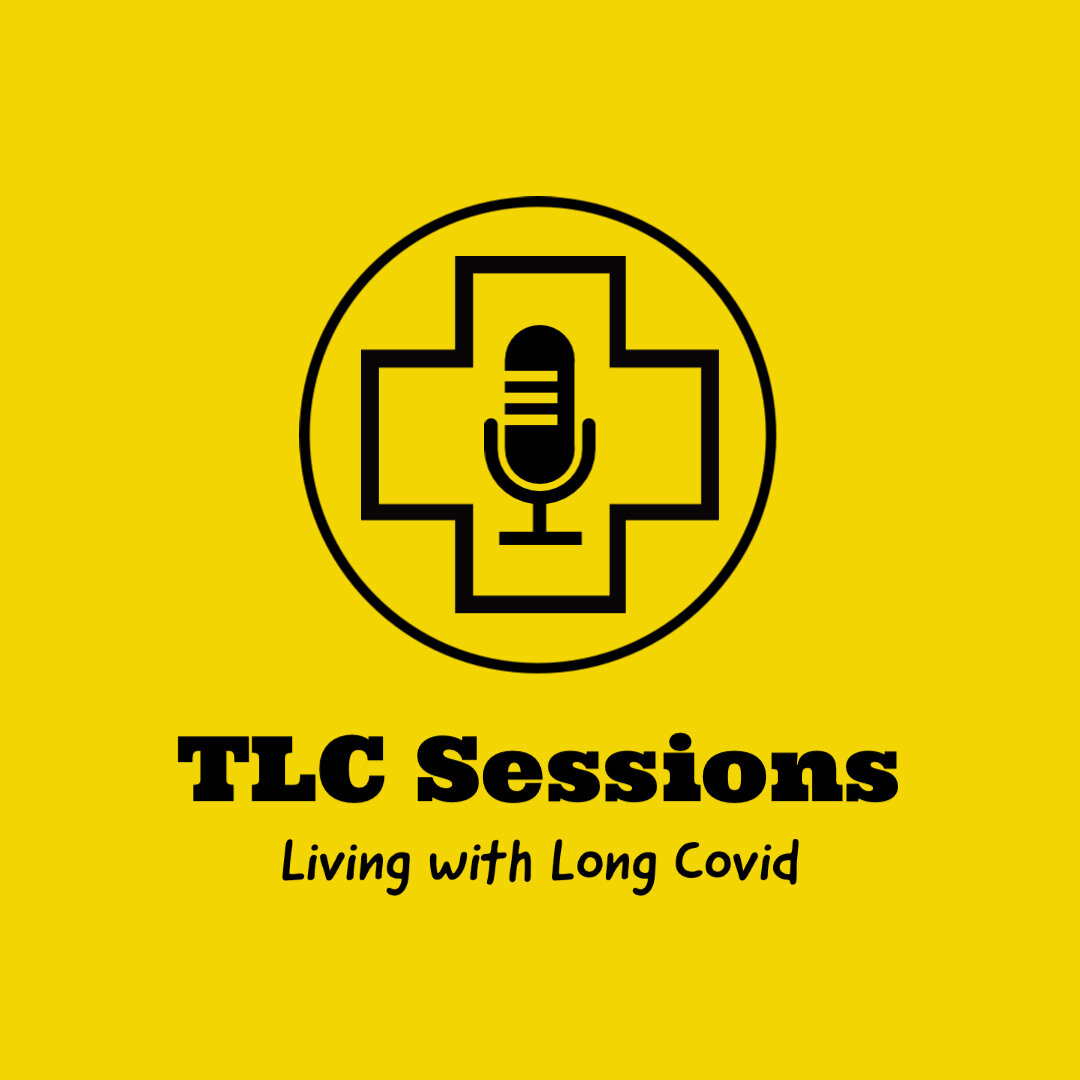Episode 68: Dr Steven Allder - Re:Cognition Health
Exploring the intricate landscapes of the human mind often requires a guide and Dr Steven Allder emerges as a thought-provoking navigator. Dr Allder is a Consultant Neurologist at Re:Cognition Health - a private brain and mind clinic – and his thinking about Long Covid is shaped by extensive work looking at and treating Traumatic Brain Injury (TBI) and Functional Neurological Disorder (FND) along with his fascination to understand illnesses such as Chronic Fatigue Syndrome (CFS).
His entry into the world of Long Covid came firstly from treating friends and family. With brain fog being one of Long Covid's primary symptoms, Allder is an expert first call, but his desire to understand and treat the condition goes further than looking at the mind.
Following up on our previous episode, Dr Allder is working with Prof. Andrew Shaw at Attomarker, believing that Long Covid may be driven by viral persistence and that establishing a patient’s antibody gap, using the Attomarker testing, could enable us to remove viral residue with tailored antibody treatment.
But in this week’s episode Dr Allder delves deeper into the brain.
We discuss a study performed on monkeys in which brain inflammation was seen 50 days after being injected with COVID-19.
Allder talks us through what we can learn from PET imaging, specifically a study by researchers at Marseille University Hospital, in which the observed unique visual brain patterns suggesting hypometabolism linked to astrocyte-related glutamatergic dysregulation. These astrocyte cells, responsible for regulating the neurotransmitter glutamate, may be disrupted by brain inflammation triggered by COVID-19 infections, leading to cognitive fatigue.
And we discuss polyvagal nerve theory, a concept that transcends the traditional binary understanding of the sympathetic and parasympathetic nervous systems.
Allder's approach encourages a holistic view of the brain – both physically and cognitively and emphasises the importance of achieving a parasympathetic state during restoration and recovery, and the impact that having your life knocked off course can have on your mental well-being. But he is unwavering in his opinion – the evidence he has observed “puts the problem really in the brain”.
His ongoing work with Attomarker, however, which is leading to further diagnostic testing being developed, suggests that there may be a definitive biomarker and treatment on the horizon.

